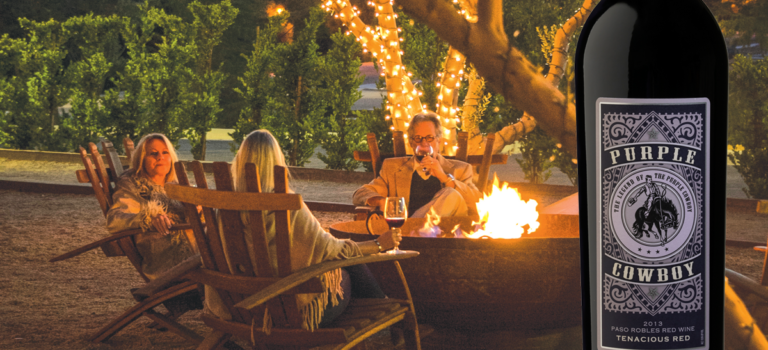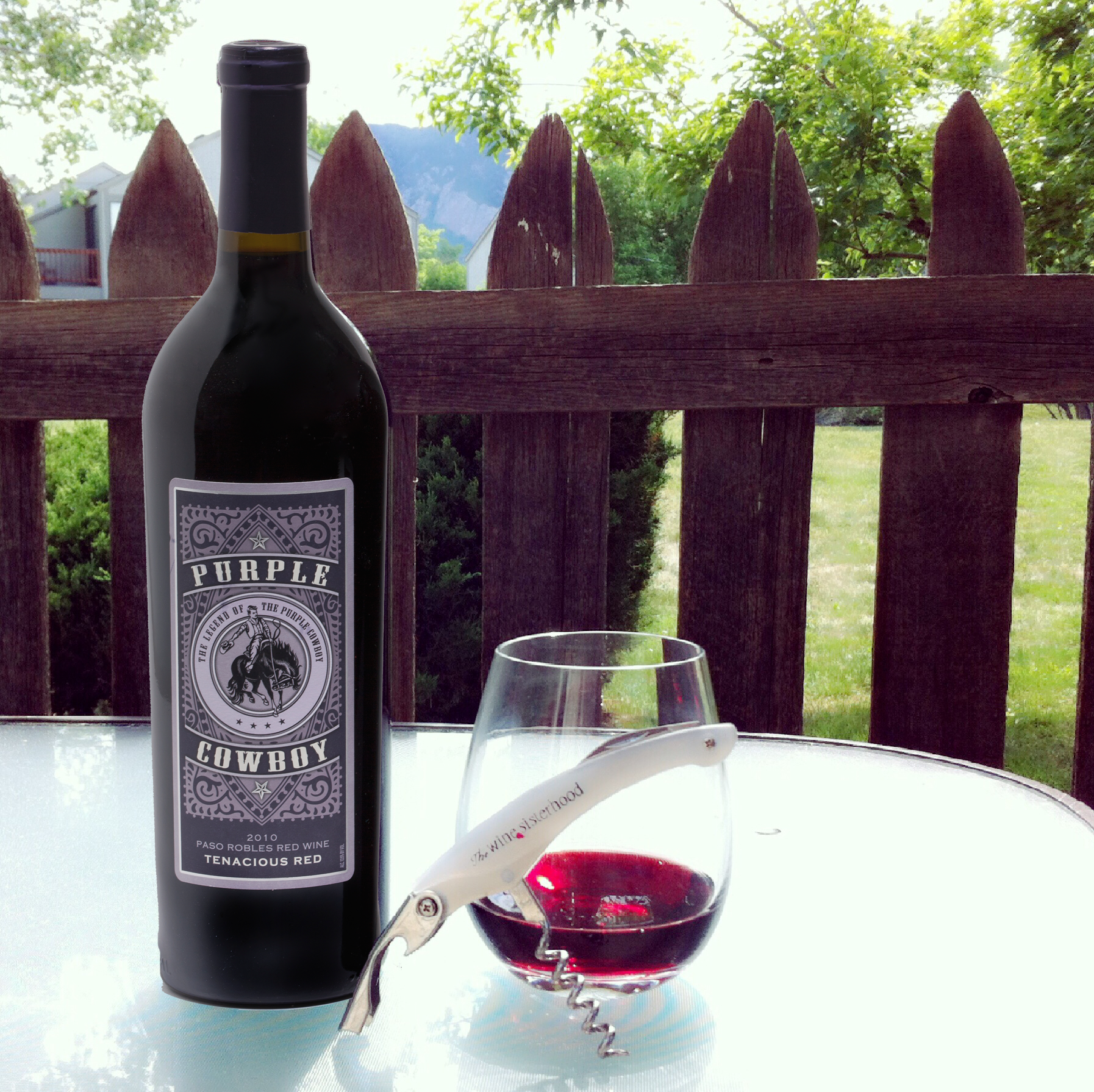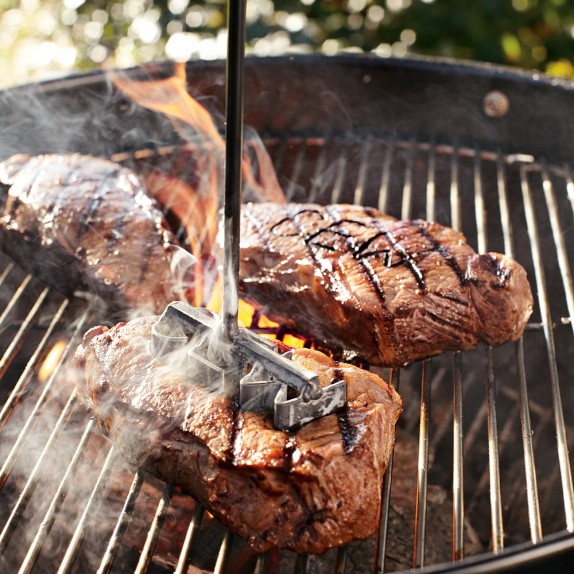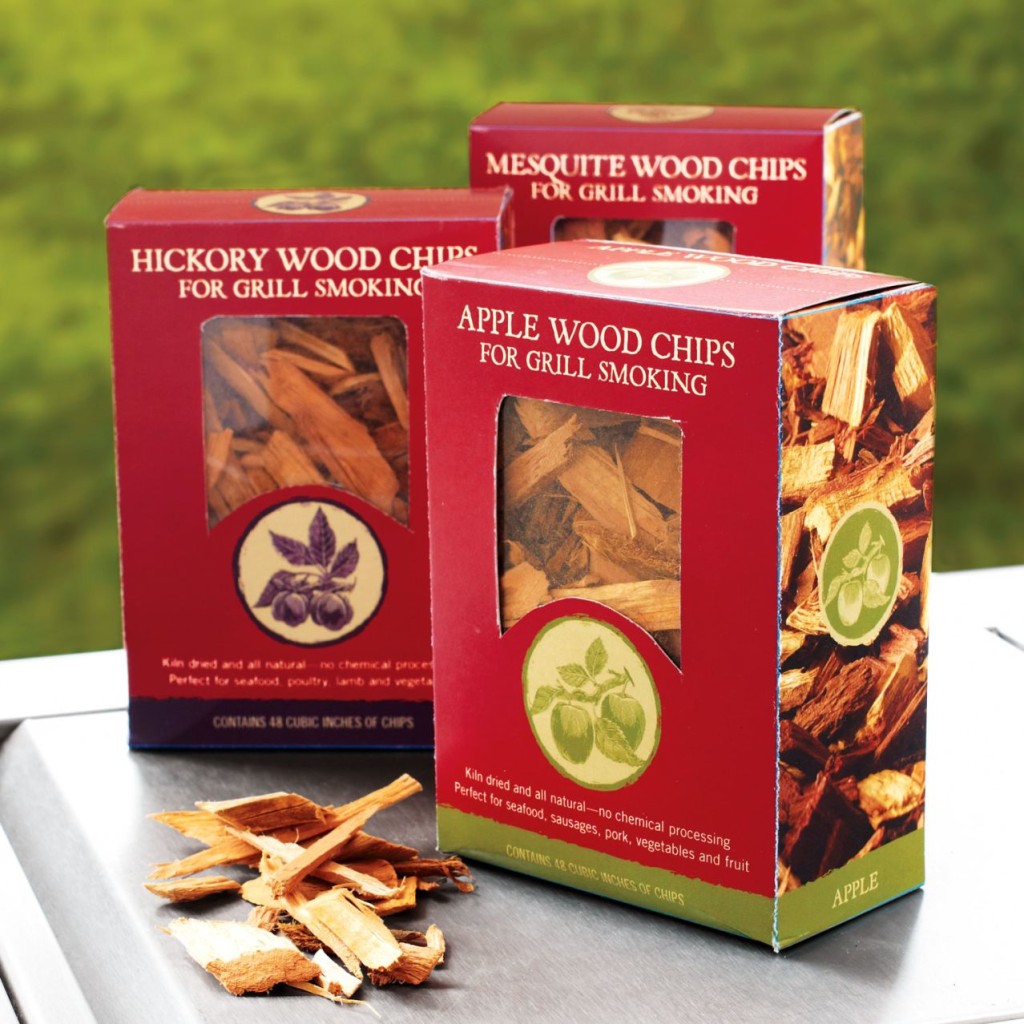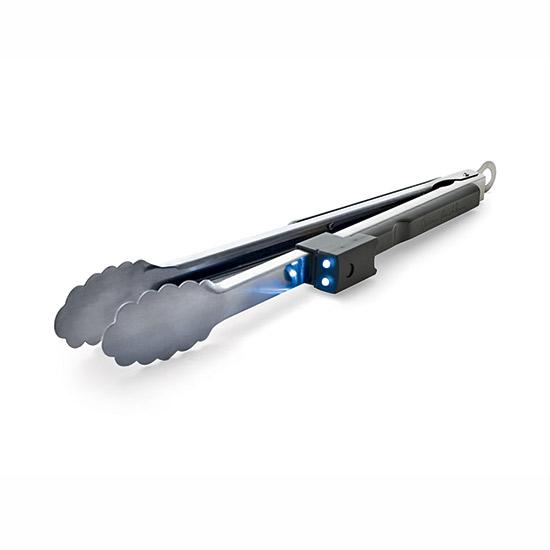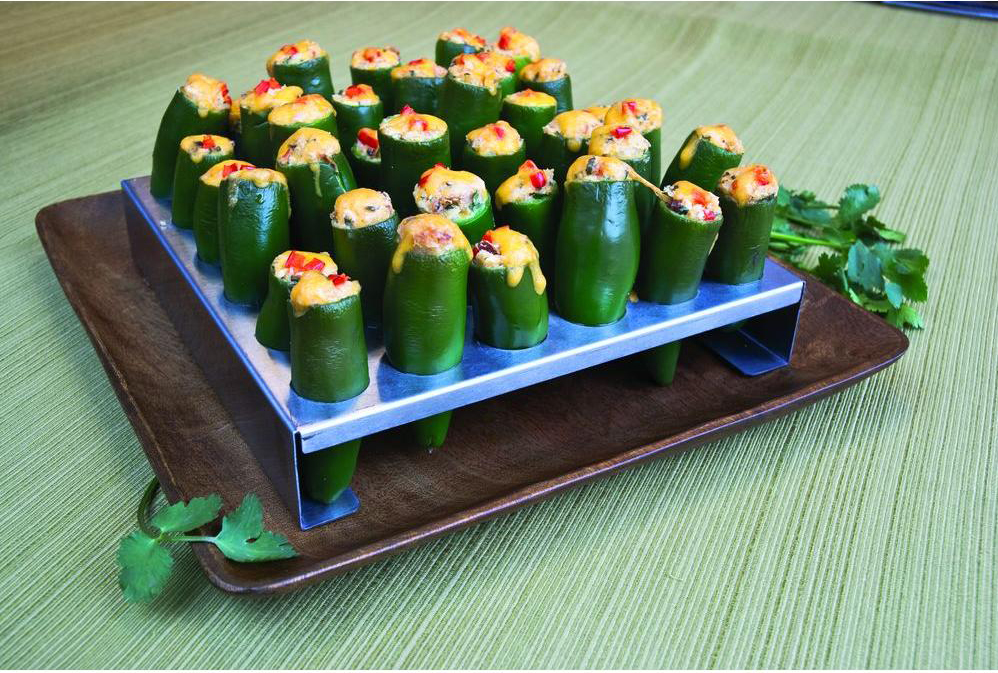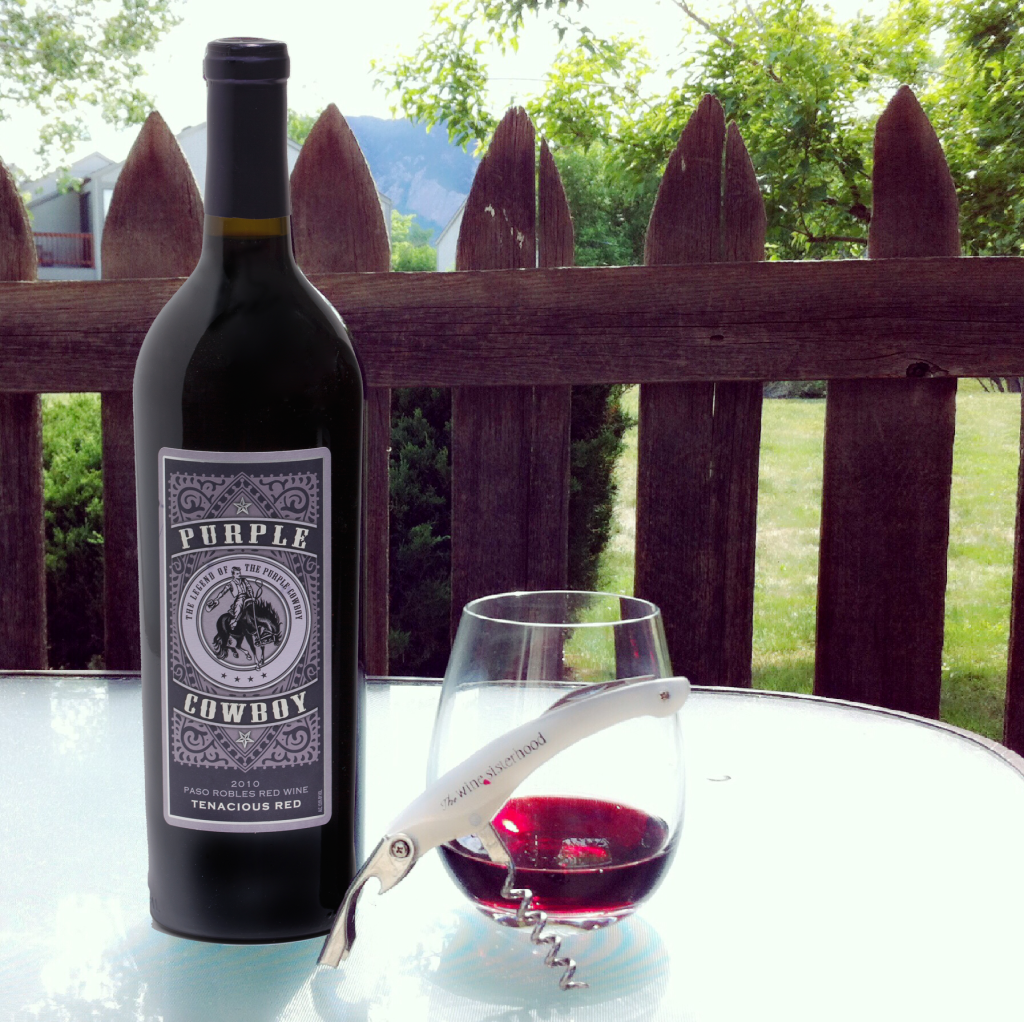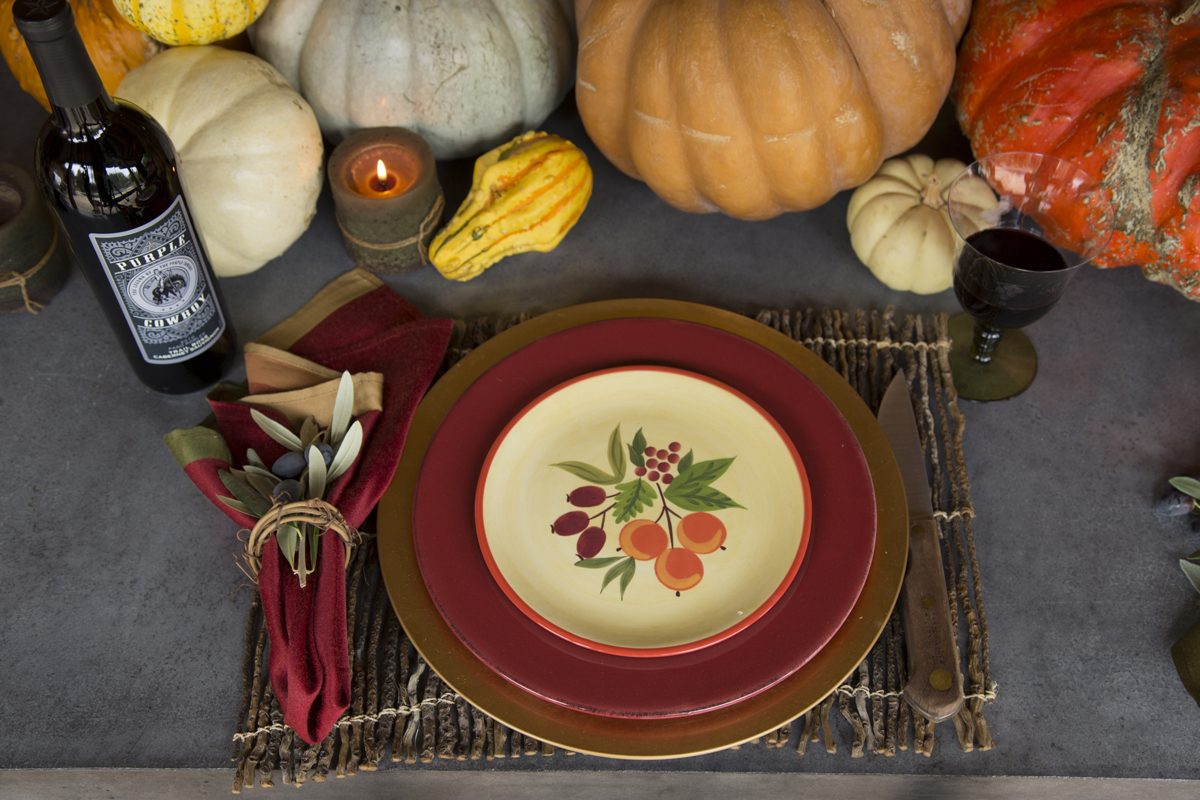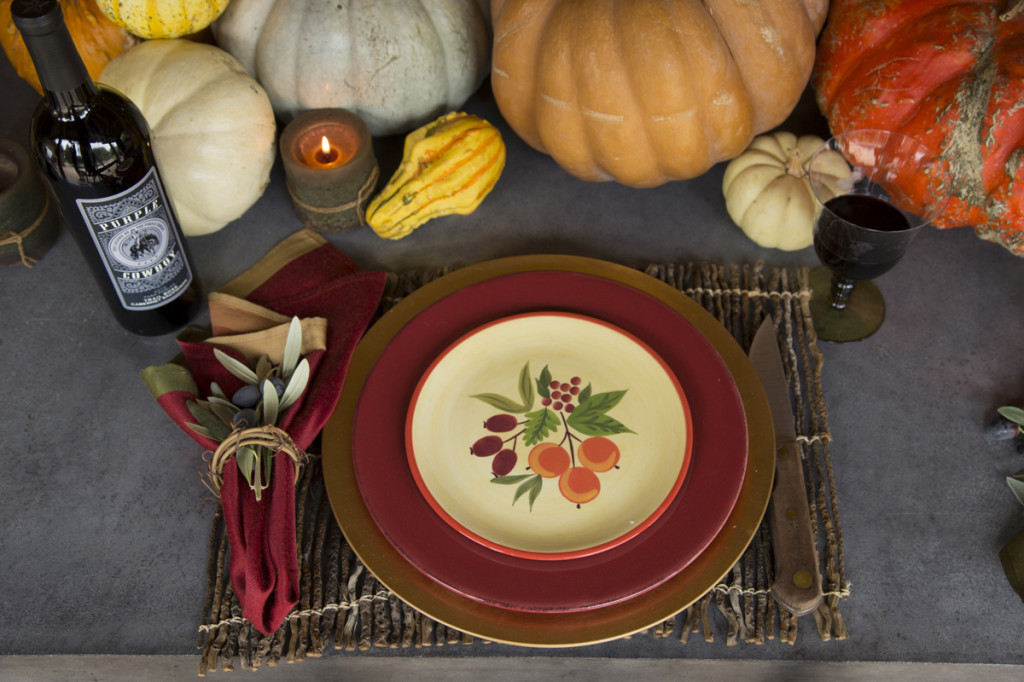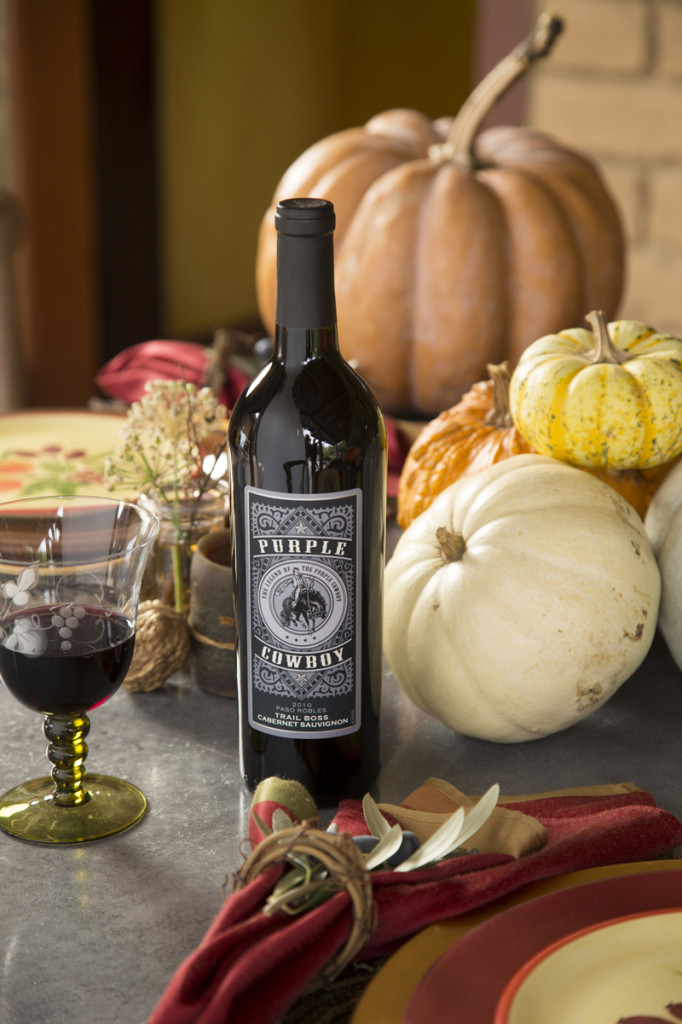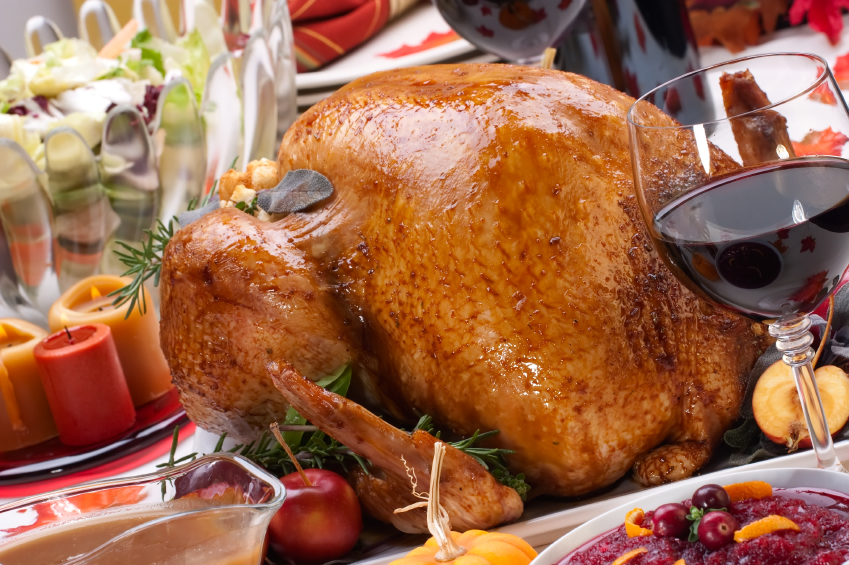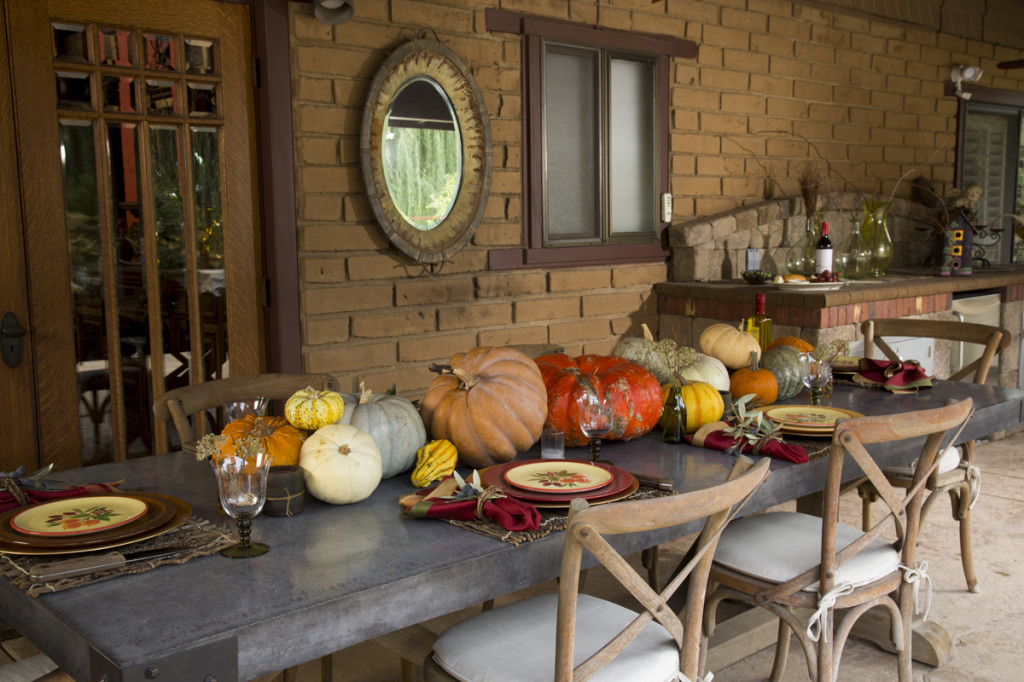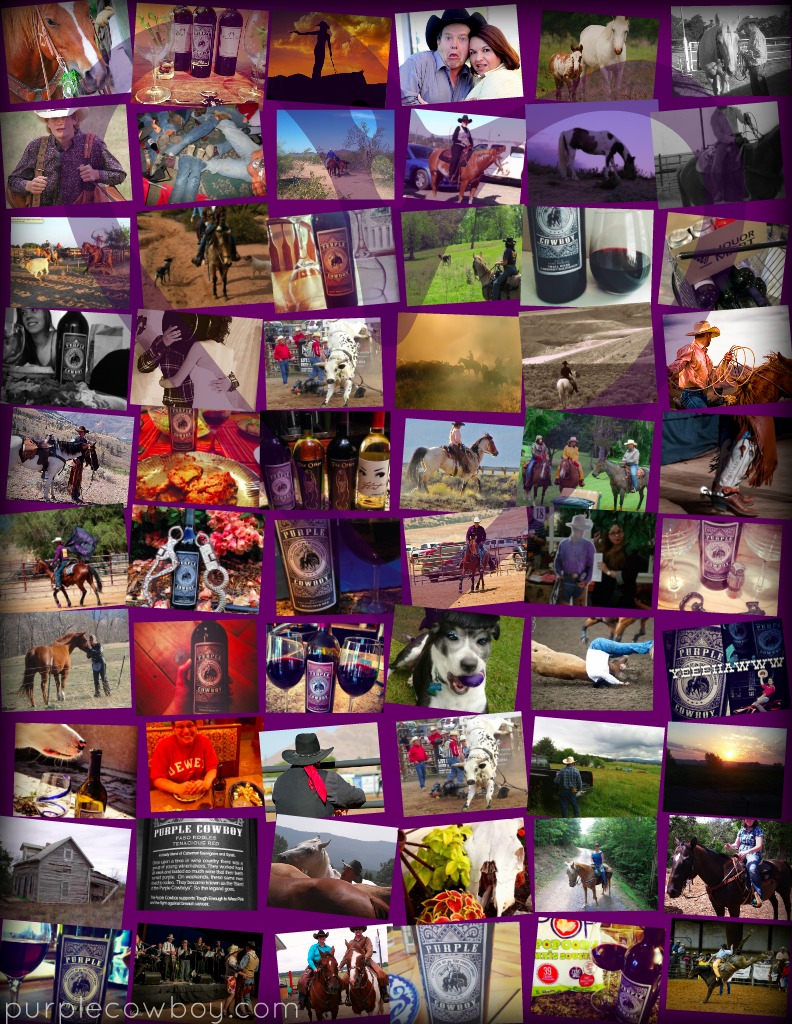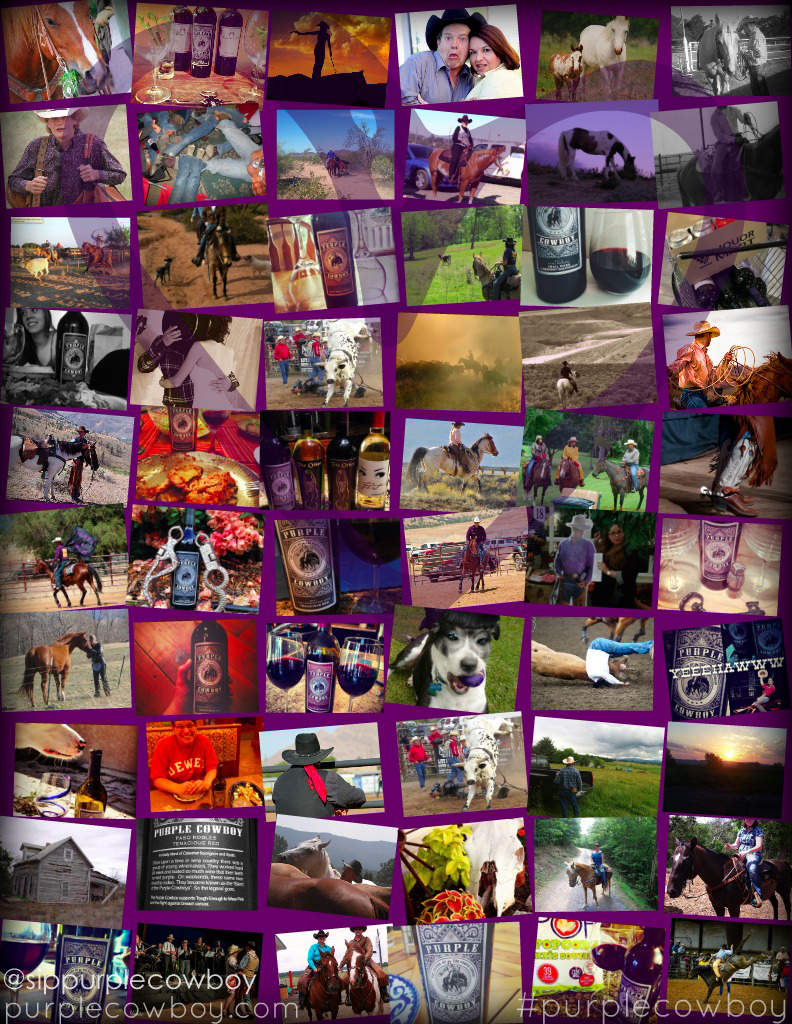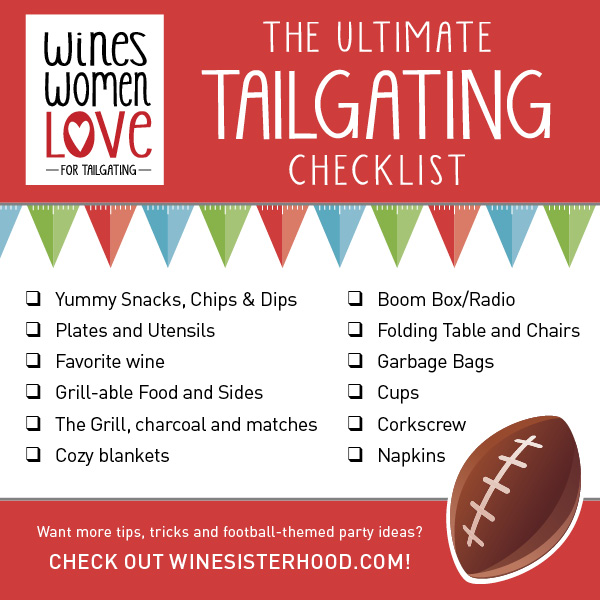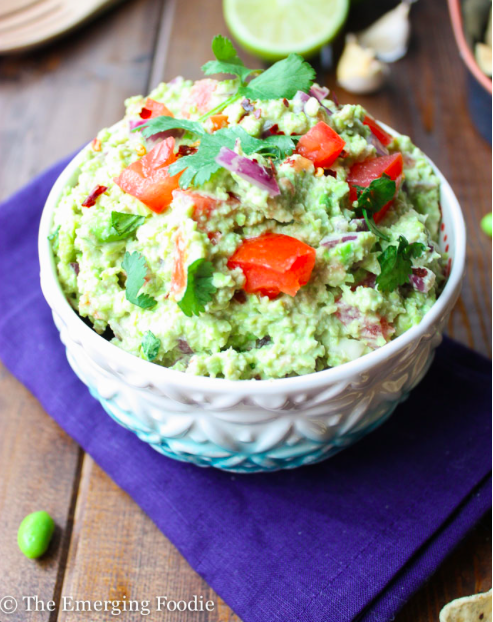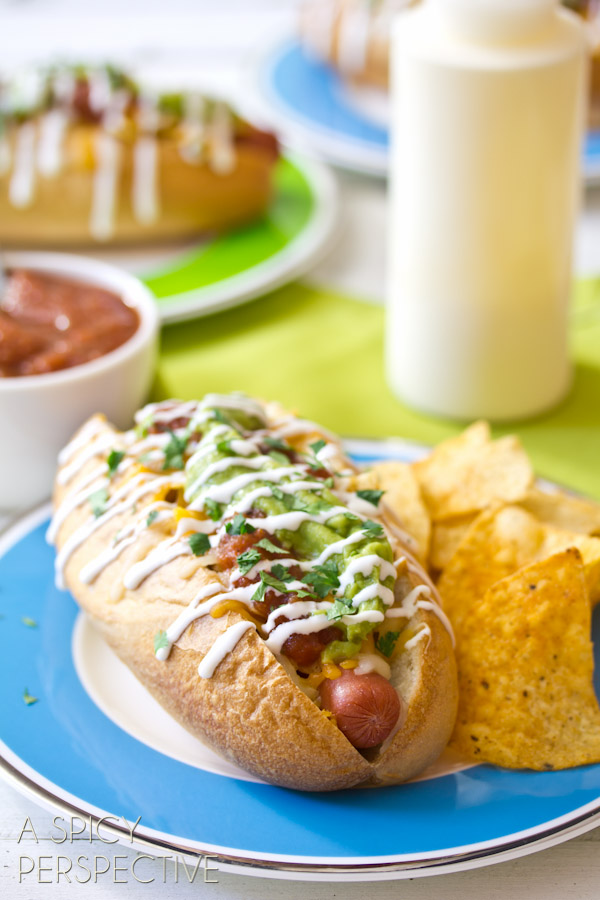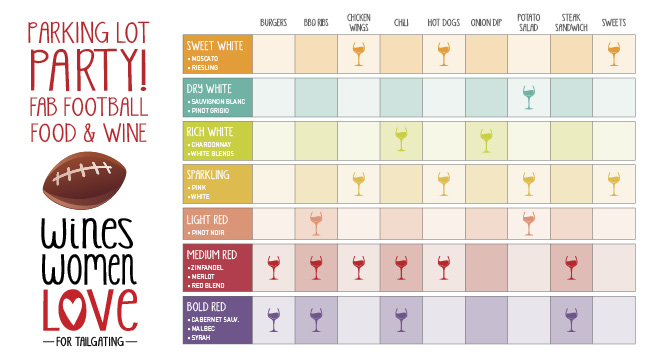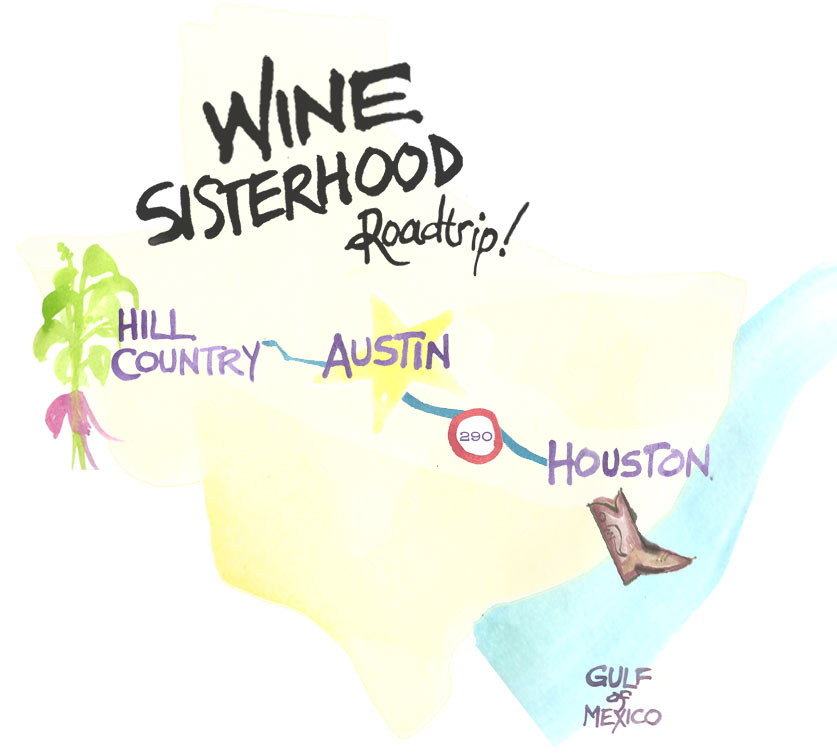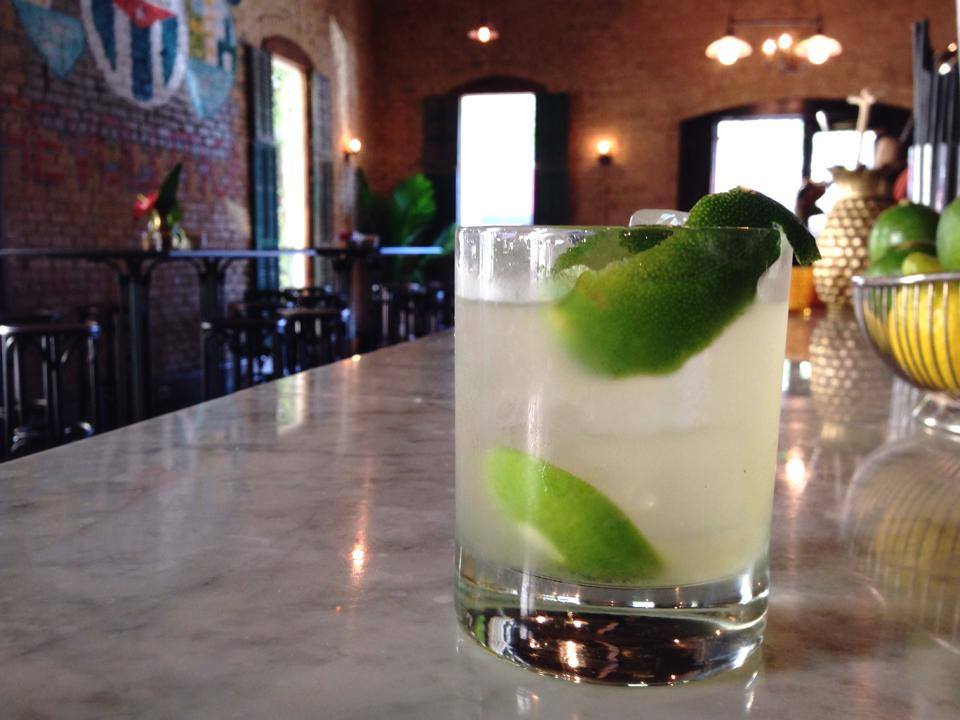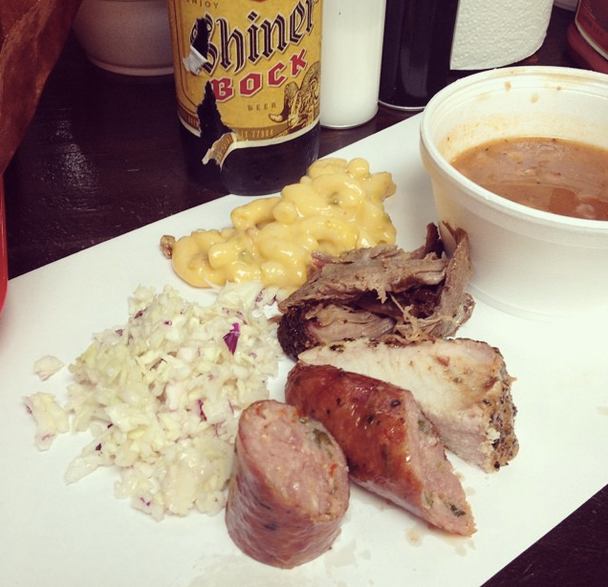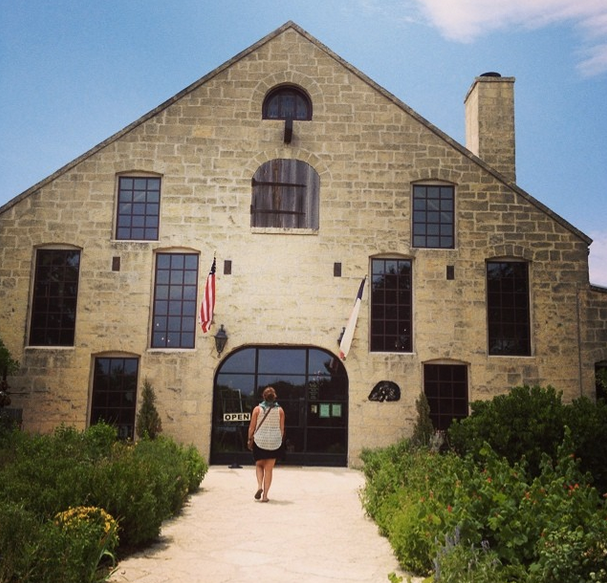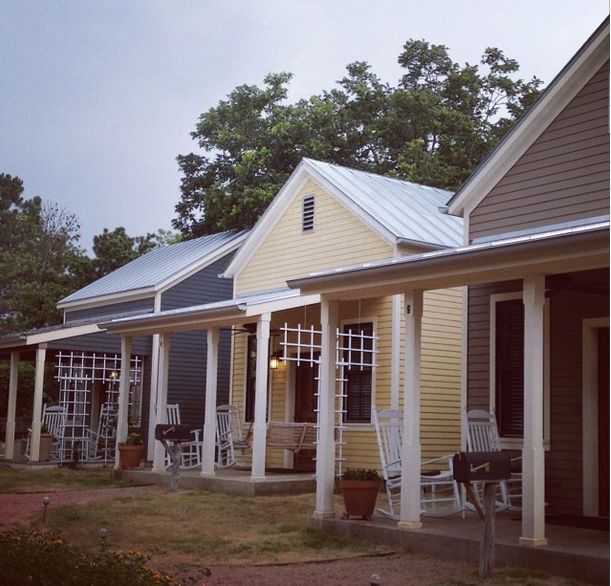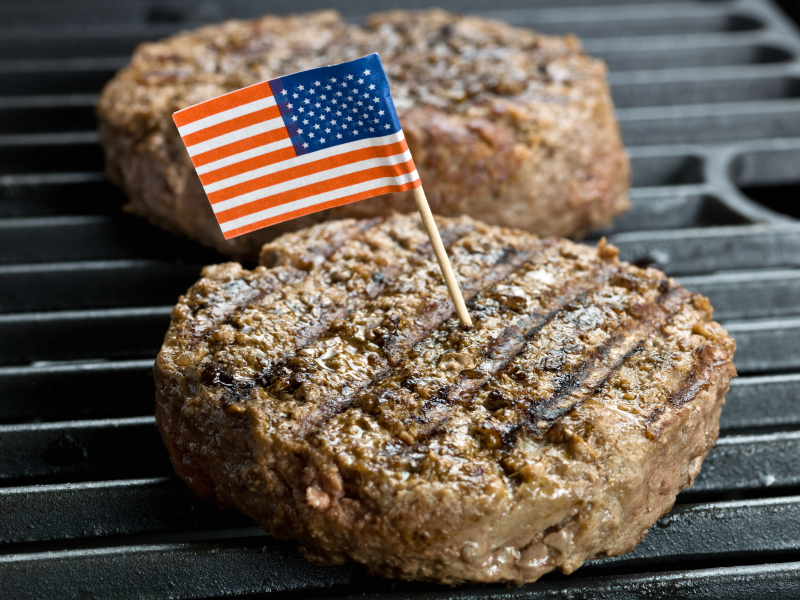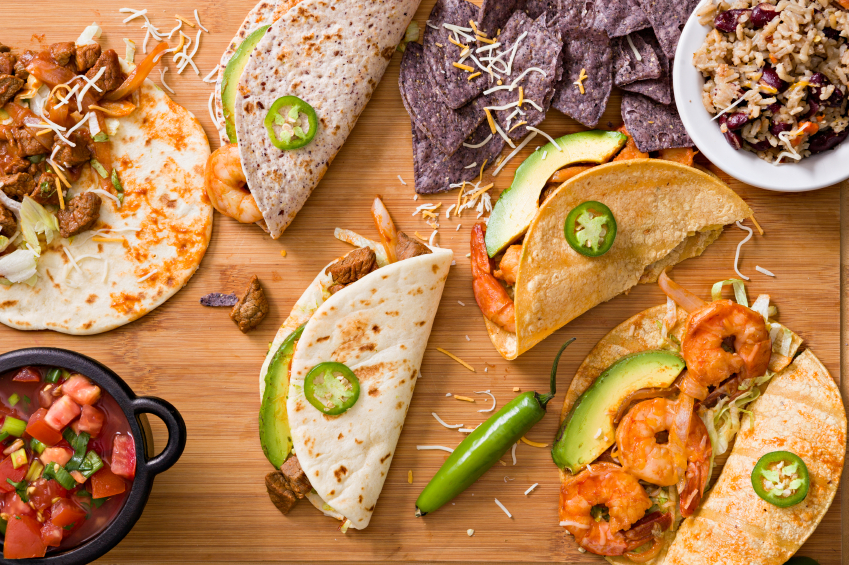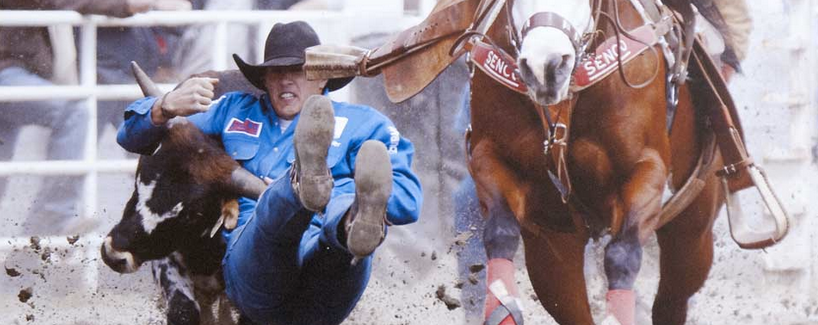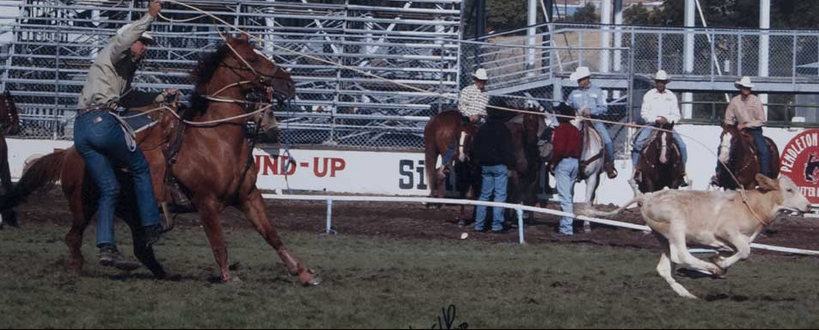Located along U.S. Highway 101 in the center of California’s Central Coast lies Paso Robles, one of California’s fastest growing wine regions. Paso Robles, or “Pass of the Oaks,” boasts a climate that is ideal for wine growing and is home to more than 40,000 vineyard acres.
Purple Cowboy wines are produced with grapes sourced from Paso Robles. Purple Cowboy Tenacious Red and Purple Cowboy Trail Boss Cabernet Sauvignon both capture the sense of maverick western adventure and open spaces found in Paso Robles.
Aside from being home to our favorite wines, here are our top five reasons to fall in love with Paso Robles:
Location
Close to the ocean, the mountains and the desert, Paso Robles is halfway between San Francisco and Los Angeles, along California’s Central Coast. Paso Robles is easily accessible by one of the area’s airports or by car via Highway 101.
History
Winemaking and grape growing were introduced to the area in the late 1700s by Franciscan Friars, but the area was first known for its rejuvenating hot springs. Later during the late 1800s, it became known as the “Almond City,” possessing the world’s largest concentration of almond orchards. The early twentieth century ushered in the city’s first commercial wineries.
Hot springs
Thermal springs in the area are said to have healing powers. The Salinan Indians, some of the area’s earliest inhabitants, knew the area s the “Springs” or the “Hot Springs.” Take their cue and after a long day of sightseeing and wine tasting, consider a relaxing dip in these therapeutic waters.
Sights and scenery
When you’re not wine tasting, take a stroll along one of the area’s scenic trails. Try the Salinas River Walk or Shoreline Trail. Don’t miss a visit to Hearst Castle. William Randolph Hearst, along with architect Julia Morgan, created an American castle to showcase Hearst’s legendary art collection. The 165 rooms and 127 acres of gardens, terraces, pools and walkways are worth a look, too.
The wine
Paso Robles Wine Country, with its warm days and cool nights, is home to more than 40 wine grape varieties. The region produces Bordeaux, Rhone and Italian wine varieties, as well as Zinfandel and almost everything in between. You may need to plan a return visit to check off more than 200 wineries in the area.
Use a few of these resources to plan your next trip to Paso Robles:
Paso Robles Wine Country Alliance
Fodor’s Travel Guide to Paso Robles
Happy traveling!

